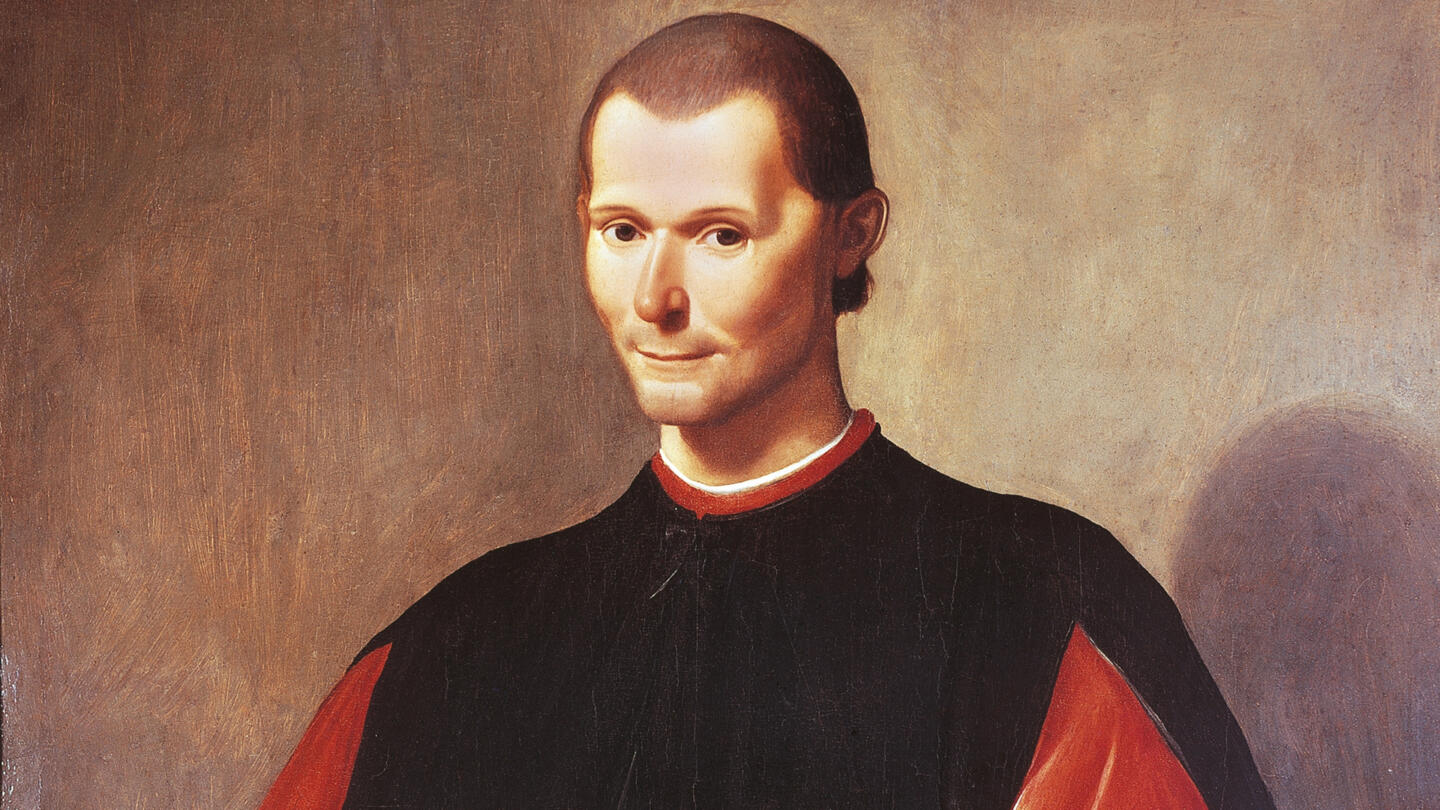The Prince
Machiavelli wrote The Prince to suggest new rulers or princes ways of being an effective ruler and how they should be perceived, specifically to be feared. Erica Benner wrote the article " From Machiavelli's Prince: A New Reading" in hopes of allowing readers a deeper insight into Machiavelli's The Prince and how it was viewed as a "godless handbook for tyrants" (Benner 300) Benner talks about the ironic techniques that Machiavelli uses to make his points of how to be an effective ruler and the ways young princes should maintain their power. She points out the writing of Machiavelli and how it " appeal constantly to stable standards of truth against falsehood and misleading appearances..." (Benner 306) It's interesting to point this out because, in The Prince, Machiavelli speaks a lot about imaging of a generous prince and how it can be misleading.
The article that Benner wrote helped me understand Machiavelli's ideas better through the way she gives specific chapters that demonstrate Machiavelli's writing and purpose. Benner mentions the argument of Machiavelli between a fortuna prince and virtu prince. " Machiavelli maintains that it is always better to rely on virtu than on fortune... some...always tend to bring stability and safety..." (Benner 307) This helped me understand Machiavelli's points between a generous and a mean prince. In chapter 18, Machiavelli mentions " he must often act...against charity...therefore, he needs to have a mind disposed to shift about as the winds and variations of Fortune dictate..." ( Machiavelli 56) Machiavelli doesn't quite vaguely bring up virtu, but in a way he does by telling the reader that they shouldn't focus on their fortune or helping others through their wealth. They can still maintain to be good but they have to become feared or cruel when it's needed. In addition, Machiavelli speaks upon the nature of oneself, " if he could only change his natures with the times and circumstances, fortune would not have change." ( Machiavelli 79) To interpret, Machiavelli is suggesting that fortune can be maintained only with the way one changes themselves in certain times. I feel like what he means is that if he needs to become cruel and it won't hurt his fortune, so be it. Benner pointing out the meaning of Machiavelli's ideas of fortuna and virtu helped me understand Machiavelli's purpose of what to be an effective prince.
I think Machiavelli is worth reading in the 21st century because I feel like it reflects a lot upon our own government and others. Machiavelli speaks a lot about what to do as a ruler, especially when it comes to generous rulers and their disadvantages. It reminded me of the present-day, specifically with stimulus checks. Machiavelli mentions that sometimes generosity can harm their power, " he will be generous toward all those people whom he takes nothing- they are numberless" (Machiavelli 50) Like I said it reminds me of present-day when people received their stimulus check, people kept asking for more and more. When they didn't receive it, people began to dislike the government and became ashamed of the government. Machiavelli's words connect to what is happening in the current time. In addition, I think that Erica Benner's article is worth a read especially when it comes to understanding the sole ideas of Machiavelli. She gives a deeper understanding of how Machiavelli writes and how it's effective. Overall, when reading The Prince it's easier to understand it by analyzing each chapter before moving on to the next chapter.
Here's a little fun video more on Machiavelli's perspective on "generous" rulers:
Work Cited
Benner, Erica. Machiavelli's Ethics. Princeton, NJ: Princeton UP, 2009.
Machiavelli's "Prince": A New Reading. Oxford: Oxford UP, 2013.
History.com Editors. “Machiavelli.” History.com, A&E Television Networks, 23 Mar. 2018, www.history.com/topics/renaissance/machiavelli.
Machiavelli, Niccolo. The Prince. Third Norton Critical Edition, 2019.
The School of Life. " Machiavelli's Advice for Nice Guys." YouTube, 10 Feb. 2017, https://www.youtube.com/watch?v=GTQlnmWCPgA. Accessed 20 Sept. 2021.

Comments
Post a Comment